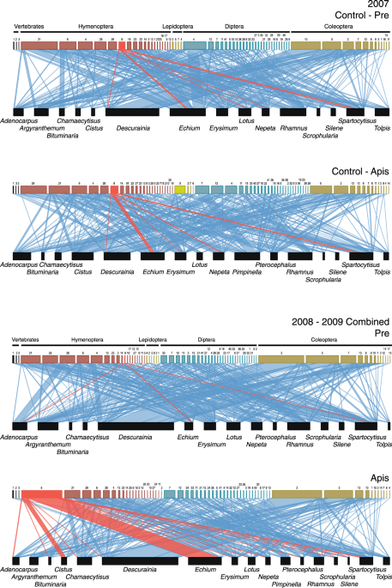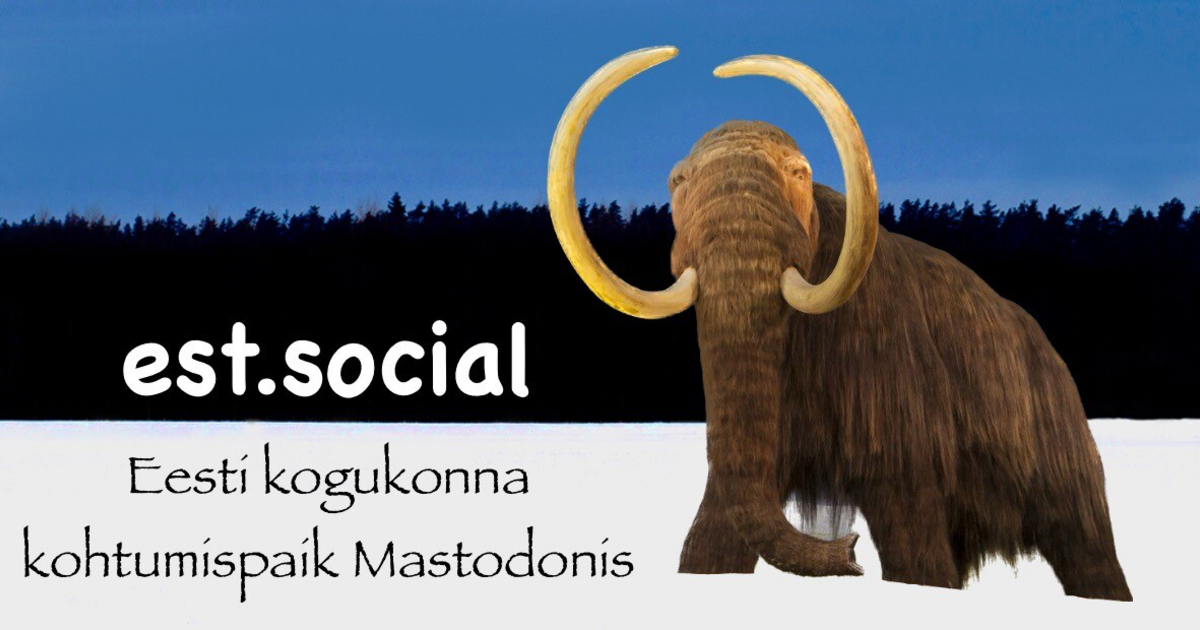Eine erhöhte Präsenz von #Honigbienen durch menschliche #Bienenhaltung in natürlichen Gebieten (und auch in nächstgelegenen Massenblütenanbaugebieten wegen des Überlaufs von Honigbienen) kann die #Artenvielfalt wilder #Bestäuber, die Funktion von #Ökosystemen und letztlich ihre Widerstandsfähigkeit gegenüber globalen Umweltveränderungen negativ beeinflussen. Unsere Ergebnisse deuten darauf hin, dass der weltweite Anstieg der #Bienenhaltung schwerwiegendere und länger anhaltende negative Auswirkungen auf die natürlichen #Ökosysteme haben könnte als derzeit angenommen.
https://www.nature.com/articles/s41598-019-41271-5
#Honig #Imkerei #Massentierhaltung #Landwirtschaft #Imker #wildbienen #honigbiene #biodiversität #biene #Wildbiene


